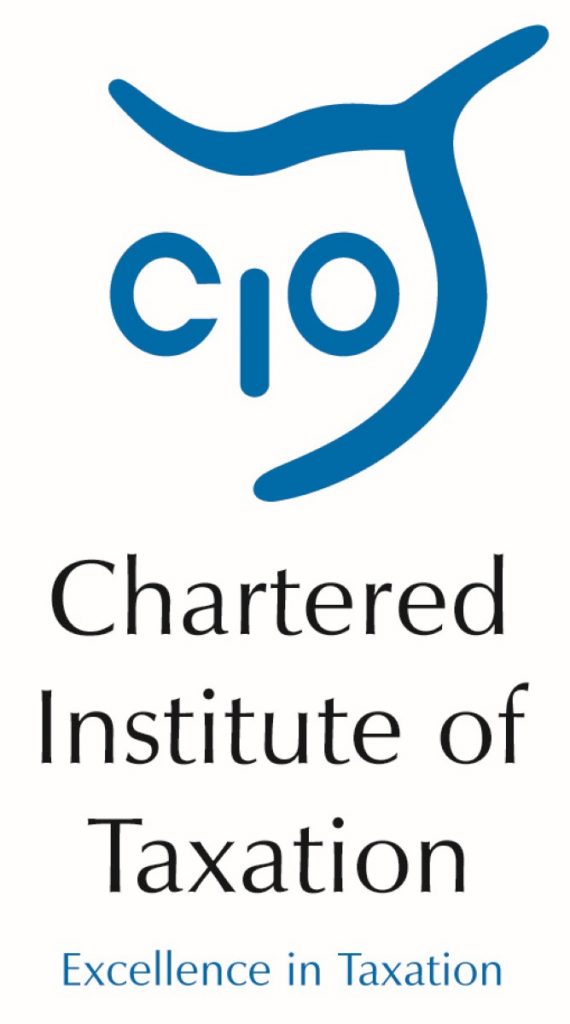The Low Incomes Tax Reform Group (LITRG) is calling for an urgent review of the tax credits compliance process.
This follows yesterday’s announcement by HMRC that they have ended their contract with Concentrix with immediate effect. HMRC started the contract in November 2014 in order to increase their capacity to check tax credit claims. The purpose of these checks is to ensure the accuracy of claims and to correct those that are found to be wrong.
Since the beginning of the contract, LITRG have raised a number of concerns with HMRC about the quality of decision making and service offered by Concentrix. The Group have raised similar concerns about HMRC’s own compliance checks. Over the summer, tax credit claimants faced significant delays getting through to Concentrix which ultimately led to HMRC ending the contract early.
Victoria Todd, a senior technical manager with the Low Incomes Tax Reform Group and the Group’s authority on welfare matters, said:
“Whilst it is reassuring that HMRC have now finalised all of the remaining Concentrix cases and that Concentrix staff will be transferred to HMRC without job losses, many questions remain about the handling of the contract. We welcome the recent announcement by the National Audit Office that they will be investigating performance under the contract as well as HMRC’s management of it.
“In October 2015, we welcomed a recommendation by the Public Accounts Committee[1] that HMRC should commission an independent review of the claimants’ experience of the tax credits process because the Committee felt HMRC had not given sufficient consideration to how its activities to tackle tax credits fraud and error might affect people, including more vulnerable claimants. Nearly one year after that recommendation, many more claimants have been negatively affected.
“We understand HMRC have a duty to ensure that people receive the right amount of tax credits and that compliance checks are an important part of that role, however at the centre of these investigations are often vulnerable claimants who are left in severe hardship without money that they rely on to pay essential bills and buy food if their tax credit payments are stopped without warning or incorrectly. Significant improvements are needed in the process design of existing compliance processes. Whilst customer service standards, such as telephone waiting times, are an important part of the claimant experience, the quality of the decisions and the methods of investigation are equally important.
“Although HMRC have ended their contract with Concentrix, their checks into tax credit compliance cases will continue and our concerns about the quality of decision making and the evidence gathering processes remain.
“As a starting point an independent review of the end to end tax credit compliance process, as recommended by the PAC in 2015, should be urgently carried out. This will allow HMRC to identify and make changes that will improve the process going forward. Along with improved customer service standards, this should ensure better quality decisions are made far earlier in the process which is beneficial for claimants as well as HMRC.”
Notes for editors
1. Low Incomes Tax Reform Group
The LITRG is an initiative of the Chartered Institute of Taxation (CIOT) to give a voice to the unrepresented. Since 1998 LITRG has been working to improve the policy and processes of the tax, tax credits and associated welfare systems for the benefit of those on low incomes.
The CIOT is the leading professional body in the United Kingdom concerned solely with taxation. The CIOT is an educational charity, promoting education and study of the administration and practice of taxation. One of our key aims is to work for a better, more efficient, tax system for all affected by it – taxpayers, their advisers and the authorities. The CIOT’s work covers all aspects of taxation, including direct and indirect taxes and duties. The CIOT’s 17,600 members have the practising title of ‘Chartered Tax Adviser’ and the designatory letters ‘CTA’, to represent the leading tax qualification.
Contact: George Crozier, Head of External Relations, 0207 340 0569 gcrozier@tax.org.uk (Out of hours: 07740 477 374)





-01.png)